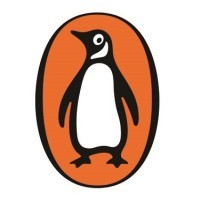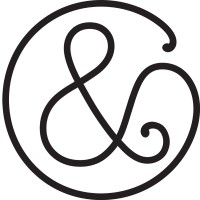
Penguin Random House South Africa
On the 1st of July 2013, Penguin Random House became the first truly global trade book publisher. Unifying two of the most famous names in publishing, the Penguin Random House stable of writers includes more than 70 Nobel Prize laureates and hundreds of the world's most widely read and best-loved authors. It employs over 10,500 people globally across almost 250 editorially and creatively independent, imprints and publishing houses, who collectively publish more than 15,000 new titles annually. Penguin Random House comprises the adult and children’s fiction and non-fiction print and digital trade book publishing businesses of Penguin and Random House in the U.K., U.S., Canada, Australia, New Zealand, India and South Africa, Penguin’s trade publishing activity in Asia, as well as Dorling Kindersley worldwide, and Random House’s companies in Spain, Mexico, Argentina, Uruguay, Colombia, and Chile. Penguin Random House acquired full ownership of Random House Struik in December 2013, and so began the integration of Penguin and Random House in South Africa. Penguin Books South Africa and Random House Struik officially merged in January 2015 to form Penguin Random House South Africa. The merger combined the strengths of both companies, while still maintaining the distinctive characters of all the great local and international imprints which operated under the Penguin and Random House Struik umbrellas. We have an ongoing commitment to protect the editorial freedom of our authors, publishers and imprints, and to maintaining the breadth and diversity of publishing for readers of all ages. We are also very committed to supporting as broad a range of bookselling as possible so our readers can access our content across a multitude of platforms and channels.






